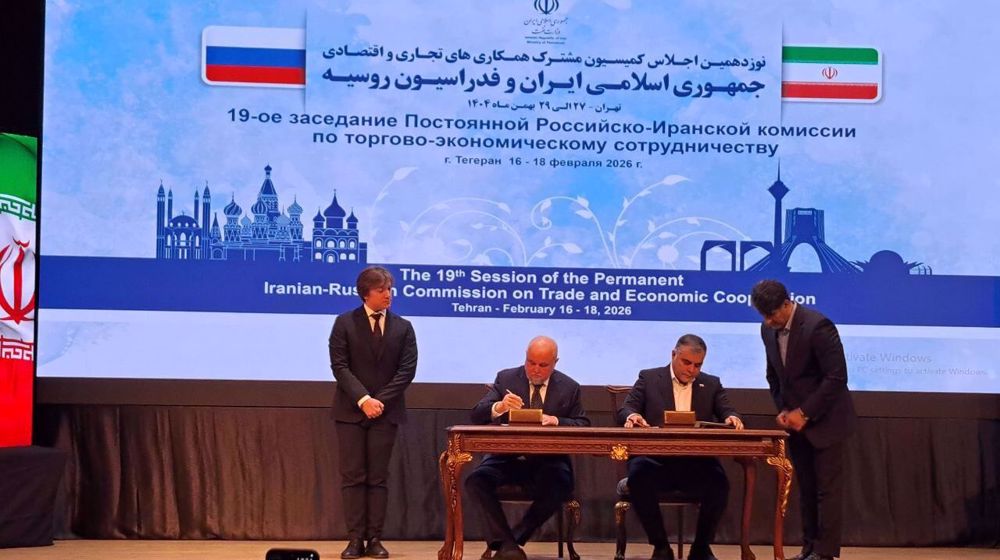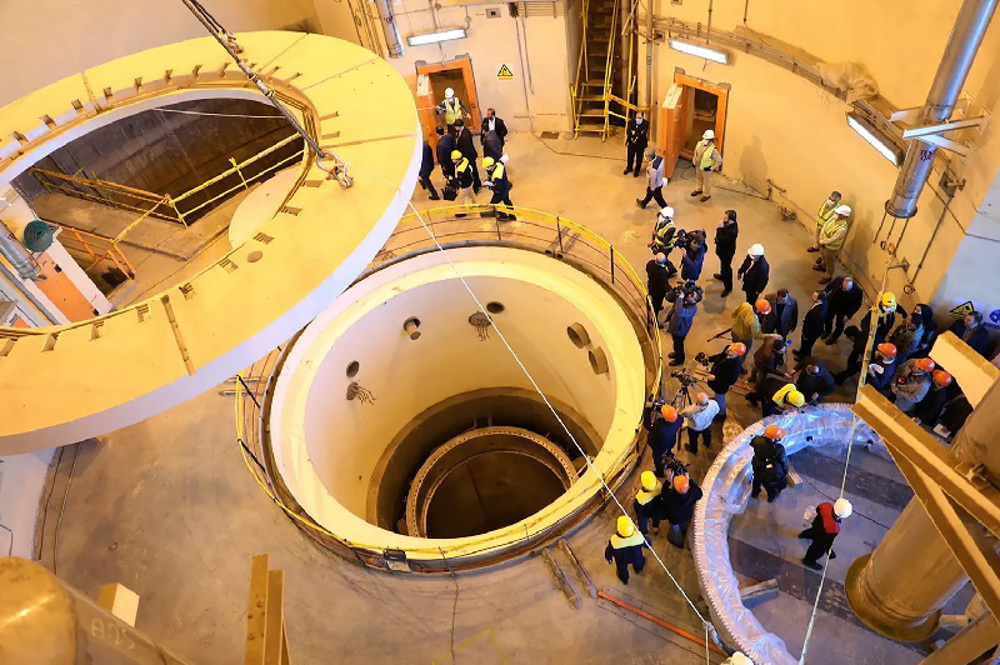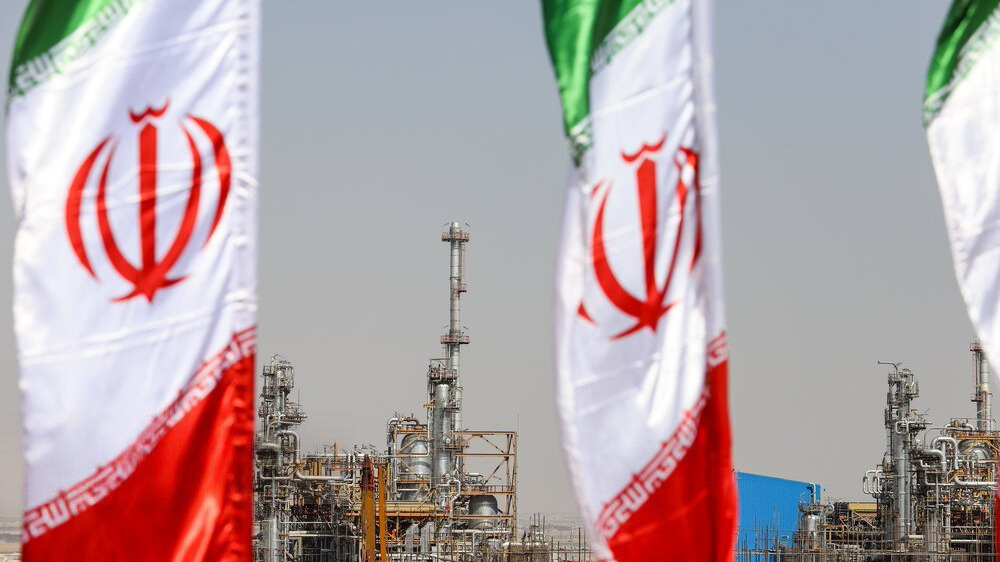Iran’s Zangeneh: Saudis exaggerating damage from Aramco attack
Iran’s Minister of Petroleum Bijan Zangeneh says the impact on Saudi Arabia’s oil facilities from Yemeni attacks on Sept. 14 has been blown out of proportion.
According to Saudi officials, the brazen attack by Yemeni forces shut down 5.7 million barrels per day (bpd) of Saudi Arabia’s oil production, which represents more than half of the kingdom’s or five percent of global output.
“I never believed that with this attack half of the oil production of Saudi Arabia was made unavailable,” Zangeneh said Wednesday upon arrival in Moscow for a meeting of the Gas Exporting Countries Forum (GECF).
“I think Saudi Arabia has resorted to political exaggeration about this in order to say that the energy security of the world has been put in danger,” he added.
Saudi Arabia’s Crown Prince Mohammad bin Salman sought to whip up a sense of global emergency on Sunday when he tied up the attack to Iran and the alleged need to confront the country.
“If the world does not take a strong and firm action to deter Iran, we will see further escalations that will threaten world interests,” he said in an interview with the CBS program “60 Minutes”.
“Oil supplies will be disrupted and oil prices will jump to unimaginably high numbers that we haven’t seen in our lifetimes,” he added.
The predawn attack which hit two of state oil giant Saudi Aramco’s largest facilities was claimed by Yemen’s Houthis, but the kingdom and the US were adamant to blame it on Iran without evidence.
According to Saudi officials, oil production was restored fully by end-September despite initial claims that it could take months to recover. A Reuters survey released on Tuesday put Saudi Arabia’s oil exports in September at 9.05 million bpd, 700,000 bpd less than in August.
Saudi Arabia has had a subordinate role in US President Donald Trump’s avowed campaign to bring Iran’s crucial oil exports down to zero through stepped-up production.
The campaign is part of “maximum pressure” being applied by the United States to bring Iran to the negotiating table for concessions on its nuclear and missile capabilities and the country’s influential role in the Middle East.
Zangeneh said on Wednesday the energy market must be non-political in order to prevent interference.
“The energy market must be non-political in order to prevent unilateral and illegal interference,” he said.
The minister also said he was ready to meet his new Saudi counterpart whom he described a friend for more than two decades despite tensions between the two countries.
“Prince Abdulaziz bin Salman has been a friend for over 22 years,” Zangeneh said of the Saudi minister of energy who replaced Khalif al-Falih last month.
On Tuesday, London-based Middle East Eye news outlet said Saudi Arabia had given a green light to Iraqi Prime Minister Adel Abdul-Mahdi to arrange a meeting with Iran as a first step towards de-escalating tensions in the region.
A spokesperson for the Iranian government said on Monday that Saudi Arabia had sent messages to Iranian President Hassan Rouhani via "the leaders of some countries”.
Iranian parliamentary speaker Ali Larijani told Al Jazeera Tuesday that Iran welcomed the Saudi crown prince’s apparent willingness to talk.
"We welcome Muhammad bin Salman being quoted as saying he wants to resolve issues through talks with Tehran," Larijani was quoted as saying.
Iran pursuing broader cooperation with African nations: Pezeshkian
Israeli minister threatens to seize entire Gaza if Hamas refuses to disarm
VIDEO | Gaza teacher starts ‘Little Wings’ initiative to bring joy to kids
Spanish FM urges firmer EU stance on Gaza crisis, West Bank settlement expansion
Israel ‘serious obstacle’ to nuke-free West Asia: Iranian diplomat
High-profile Israeli-American brothers on trial for sex trafficking and assault
Settlers served lavish lunch in Israeli prison holding fasting Palestinians
VIDEO | Press TV's news headlines











 This makes it easy to access the Press TV website
This makes it easy to access the Press TV website